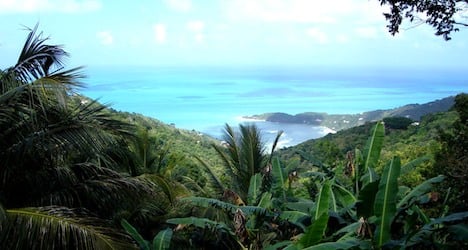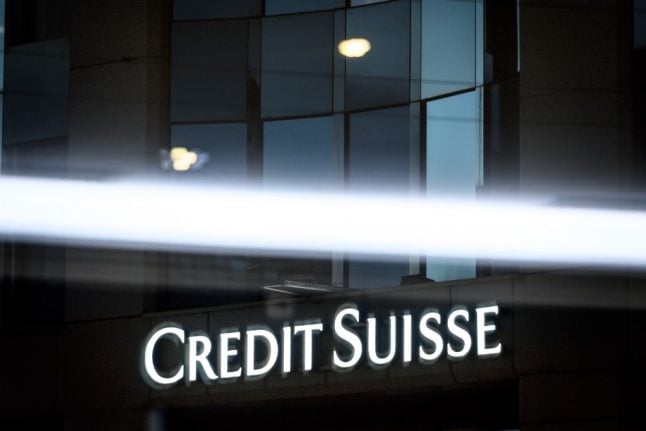The information stems from leaked information, containing more than two million documents on a computer disc, mailed anonymously to an address in Australia.
The data was subsequently analysed by the Washington-based International Consortium of Journalists, a group of media organizations from around the world, who assigned dozens of reporters to sift through emails and other documents.
They revealed more than 130,000 individuals from 140 countries evaded taxes through offshore havens in places such as the British Virgin Islands, as reported by The Guardian, The Washington Post and the BBC, among other media outlets contributing to the Offshore Leaks project.
Switzerland’s Le Matin and SonntagsZeitung newspapers, which also participated in the analysis of the leaks, found Swiss banks and financial intermediaries were heavily involved.
Le Matin reported online on Thursday that UBS created more than 2,900 companies in a dozen jurisdictions aimed at sheltering income from taxes.
Switzerland’s largest bank created the companies through Portcullis Trustnet, a Singapore-based firm active in the most “opaque” offshore tax haven in the world, such as the Cook Islands, the Cayman Islands and Samoa, Le Matin said.
Credit Suisse created more than 700 companies in the same way, the newspaper said.
“Internal emails show also how a subsidiary of Credit Suisse, Clariden Leu, put pressure on Portcullis Trustnet to create front companies so opaque that they would completely hide the identity of its clients,” Le Matin reported.
“According to this special agreement, only the name of the bank was known to (Portcullis) Trustnet, and not that of the client.”
Credit Suisse would not say whether it continues such practices today other than to say that “in a general manner, Credit Suisse and its subsidiaries respect all the laws currently in place in the countries where they operate,” Le Matin said.
An investigation conducted by the Swiss papers and German newspaper Süddeutsche Zeitung discovered how Gunther Sachs, the Swiss photographer who inherited the Opel car company fortune, avoided paying taxes through companies and trusts set up in the Cook Islands.
Sachs, who committed suicide in 2011, established other such companies in places such as Luxembourg and Panama, none of which were mentioned in his tax declarations, Le Matin said.
The newspaper said his fortune was managed in part by a Geneva company called Galaxar.
Sachs, who lived in Gstaad in the canton of Bern, declared his total assets to be worth 470 million francs in the last years of his life but former employees said his wealth was actually far greater, Le Matin said.
Among other revelations, documents show that front companies linked to Swiss entities were used, among others, by the son of Pakistan cabinet minister, the newspaper said.
They indicate that a Geneva financial adviser represented a company in the British Virgin Islands for a friend of Mother Teresa, the nun celebrated for establishing charity missionaries.
They point to the involvement of the director of an offshore company of an international commodity group who is a Swiss trustee under investigation for money laundering.
Le Matin also mentions Swiss “intermediaries” of a celebrated Hollywood actor with a secret account in Lausanne, without revealing names.
Le Matin and SonntagsZeitung plan to publish more details about their findings in their editions of April 7th and 14th.
James Henry, a former chief economist at the McKinsey consultancy, last year estimated in a report that the world's super-rich had at least $21 trillion hidden ion secret tax havens by the end of 2010.



 Please whitelist us to continue reading.
Please whitelist us to continue reading.
Member comments